Sanctions targets: who, what, where
Sanctions have emerged over the past decade as a critical geopolitical tool for governments worldwide. The list of companies, groups, and people targeted is ever-changing. Governments and international organisations diverge significantly on the way they execute sanctions, creating a complex intersecting set of regimes and targets.
All companies operating internationally need to understand how sanctions might affect their business. To manage risks effectively, companies need to know how and why certain countries, sectors, businesses and elites are targeted, how these groups or economies are connected, and what that means for an organisation’s future operations in a given country or sector.
Our sanctions report will help you think about how sanctions affect your organisation’s activities in the 28 countries worldwide currently targeted by US, EU or UN sanctions regimes, as well as understand some of the key sectors and specific entities and people targeted by recent sanctions programmes.
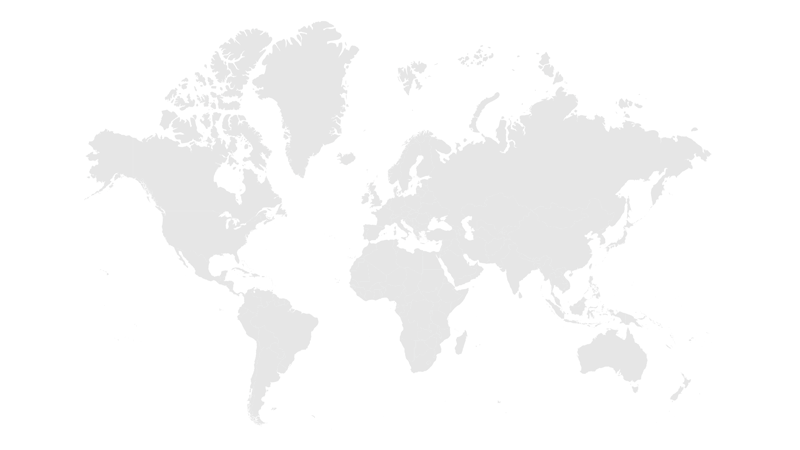
SANCTIONS HOTSPOTS
CUBA
VENEZUELA
IRAN
Sanctions on Iran date back to the seizure of the US embassy in Tehran in 1979 by a radical student group. Since then, new sanctions programmes have been introduced in response to Iran’s alleged support for terrorism and its nuclear activities. The UN Security Council and the EU reached a landmark agreement to lift sanctions in 2015, though the US announced its intention to pull out of the deal in May 2018. Since November of last year, US sanctions have restricted Iranian access to the international financial system and targeted almost every sector of the Iranian economy.
SYRIA
The US and EU have imposed a range of sanctions on the regime of President Assad and his associates, including severe restrictions on trade in key sectors of Syria’s economy, in response to the ongoing civil war in the country. An end to the conflict may see the lifting of sanctions on Syria, though the US or EU are unlikely to reconsider their respective sanctions programmes until a clear political settlement is reached.
DEMOCRATIC REPUBLIC OF CONGO
Senior government officials in the DRC have been under US and EU sanctions since December 2016, after Joseph Kabila, the former president, refused to step down at the end of his elected term. These sanctions have since been expanded to target individuals and entities accused of contributing to human rights abuses and corruption in the DRC, including several foreign businesspeople. The contentious election of President Felix Tshisekedi in January 2019 means international sanctions will likely remain in place for the foreseeable future.
RUSSIA
Since 2014, the US and EU have led western governments in imposing sanctions programmes against Russian individuals, companies and other entities, with measures including asset freezes, travel bans, and restrictions on finance and trade. These sanctions were first introduced in response to Russia’s annexation of Crimea in early 2014 and its destabilisation of parts of eastern Ukraine. As relations between Russia and the West continue to deteriorate and an investigation into alleged Russian interference into US presidential elections nears its conclusion, it is likely that the EU and US will consolidate and even expand their respective sanctions programmes in 2019.
NORTH KOREA
Initially introduced by the UN Security Council in 2006 in response to a nuclear missile test, international sanctions on North Korea include severe restrictions on imports, exports and banking. Supreme Leader Kim Jong-un and and President Trump have failed to reach an agreement on North Korea’s nuclear programme after talks at two separate summits. A re-evaluation of international sanctions programmes on North Korea is likely contingent on such an agreement between the two countries.

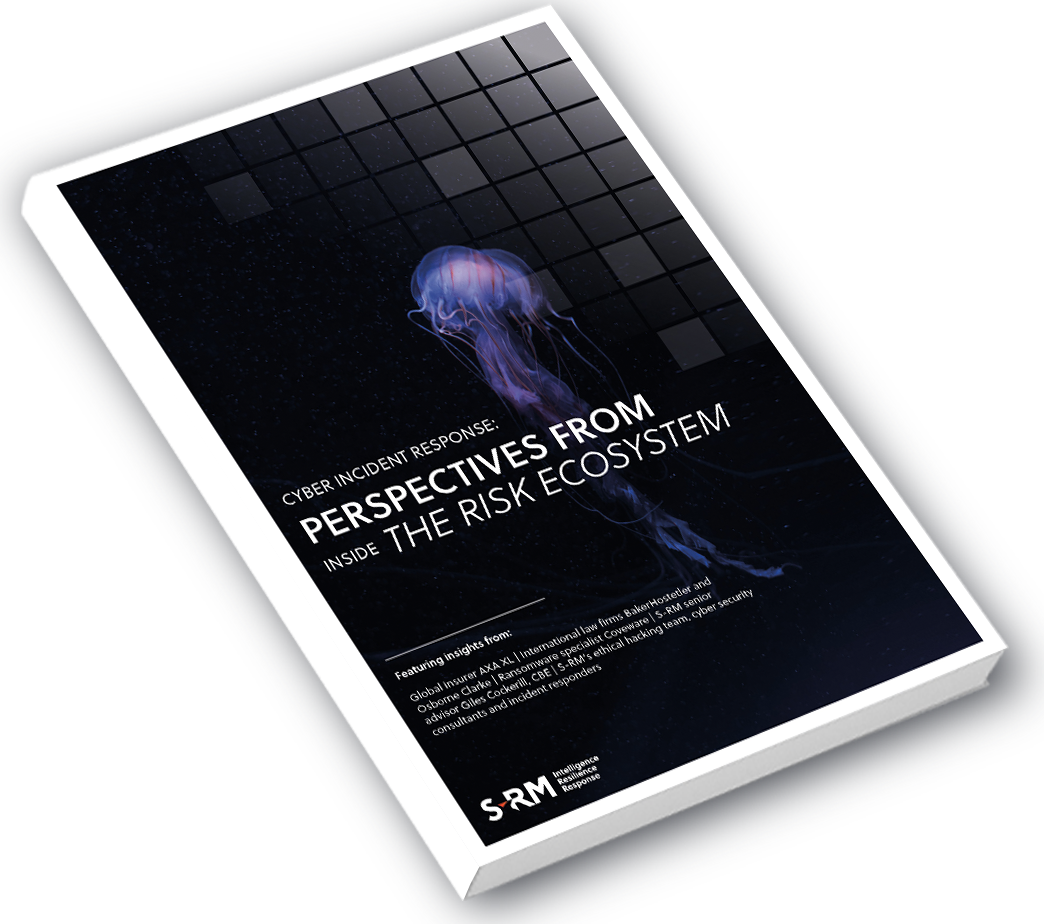


 Email Rachel
Email Rachel

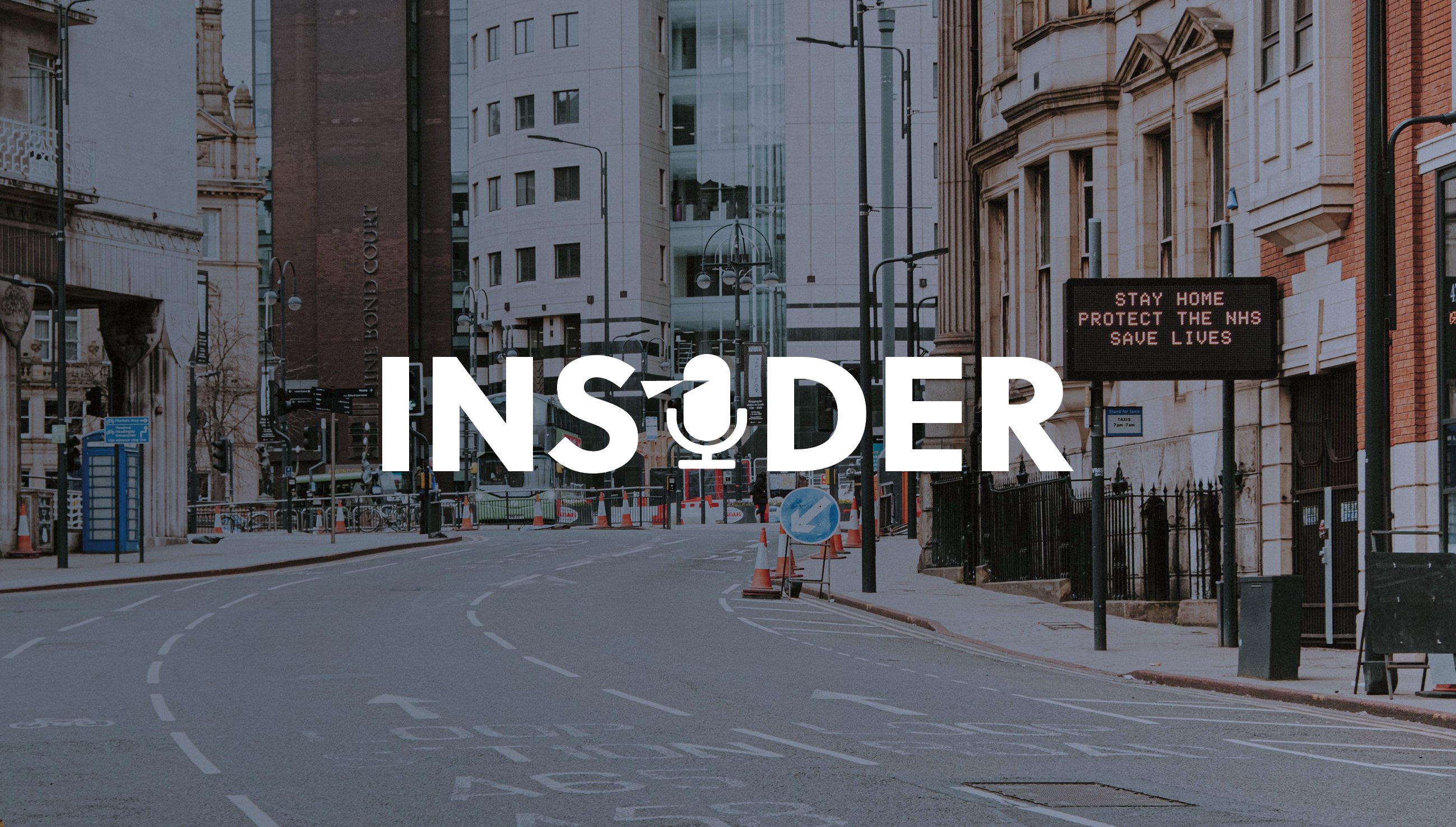
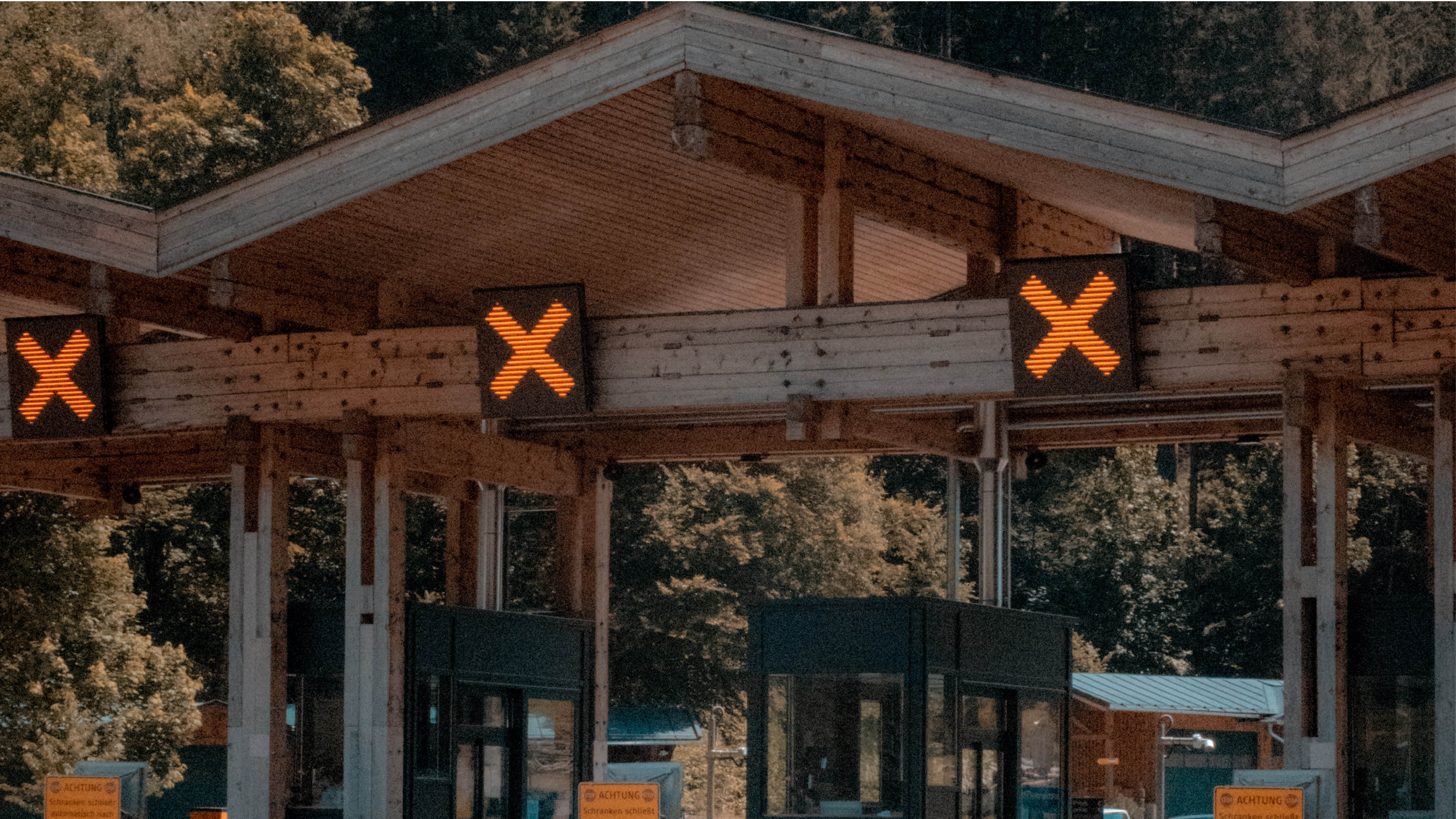
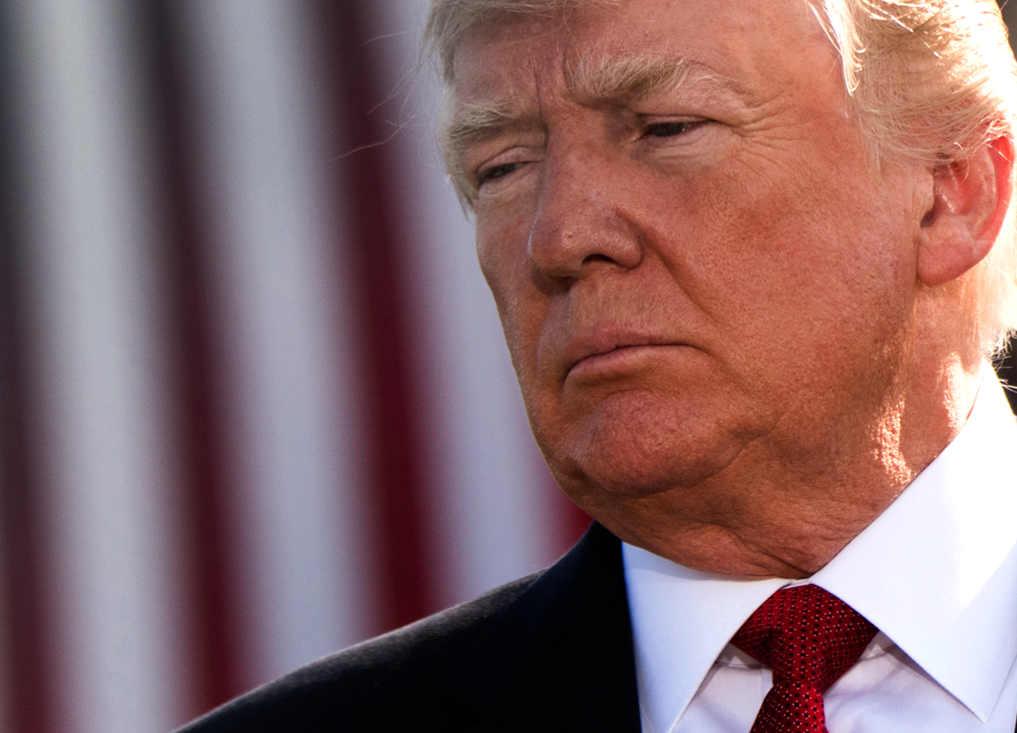

 @SRMInform
@SRMInform
 S-RM
S-RM
 hello@s-rminform.com
hello@s-rminform.com

